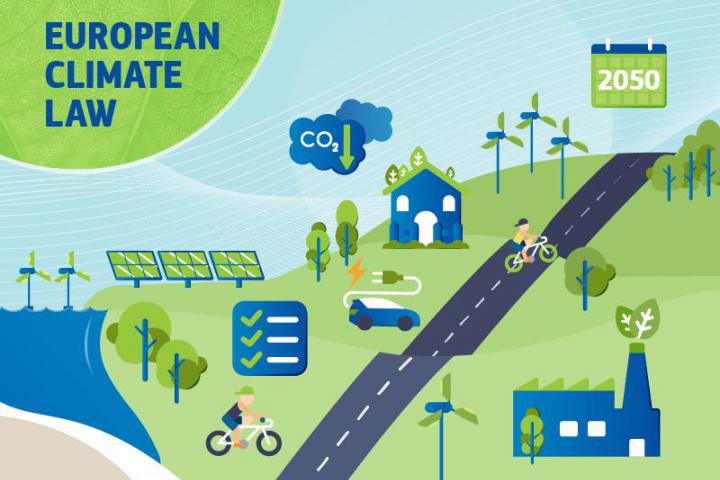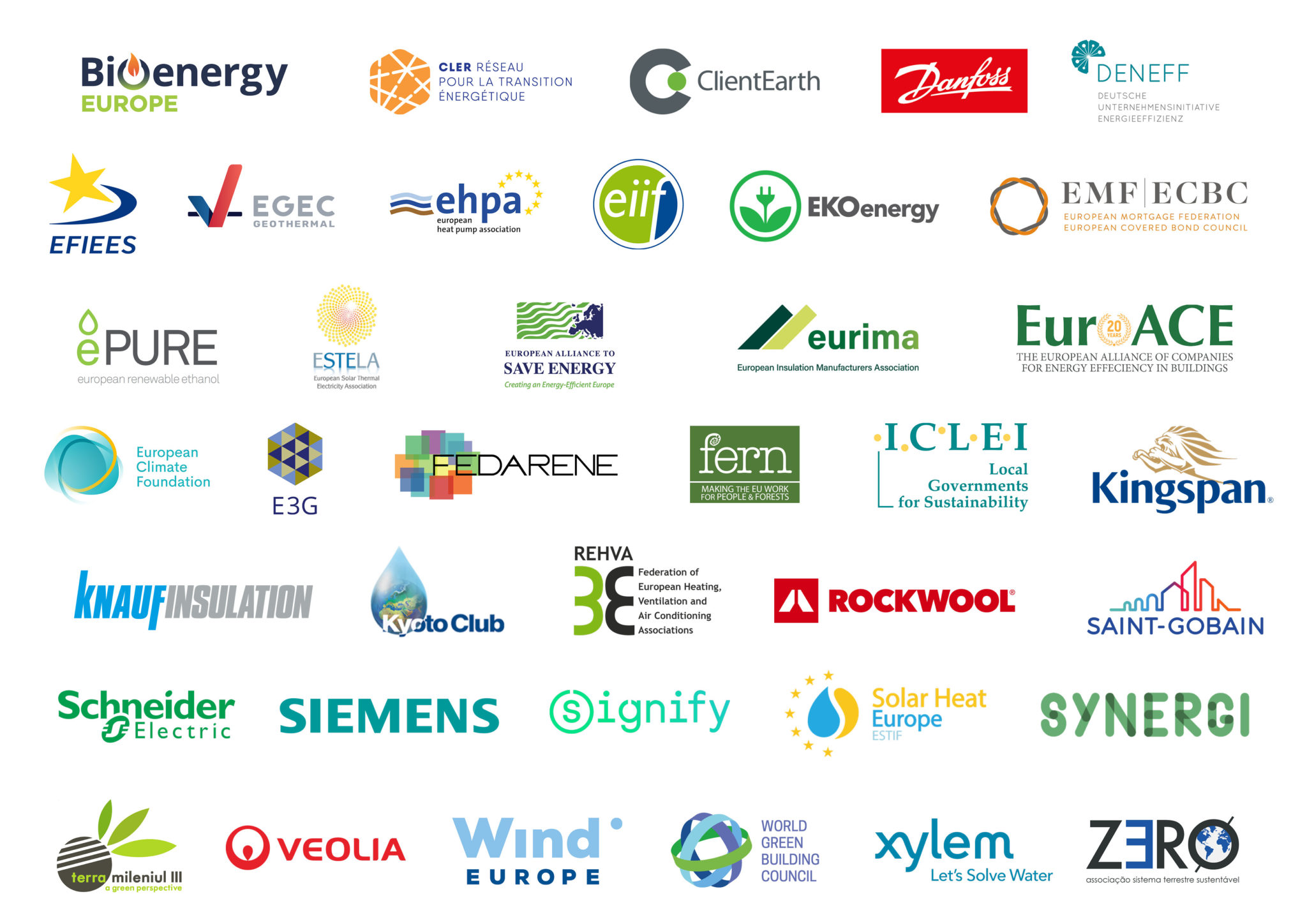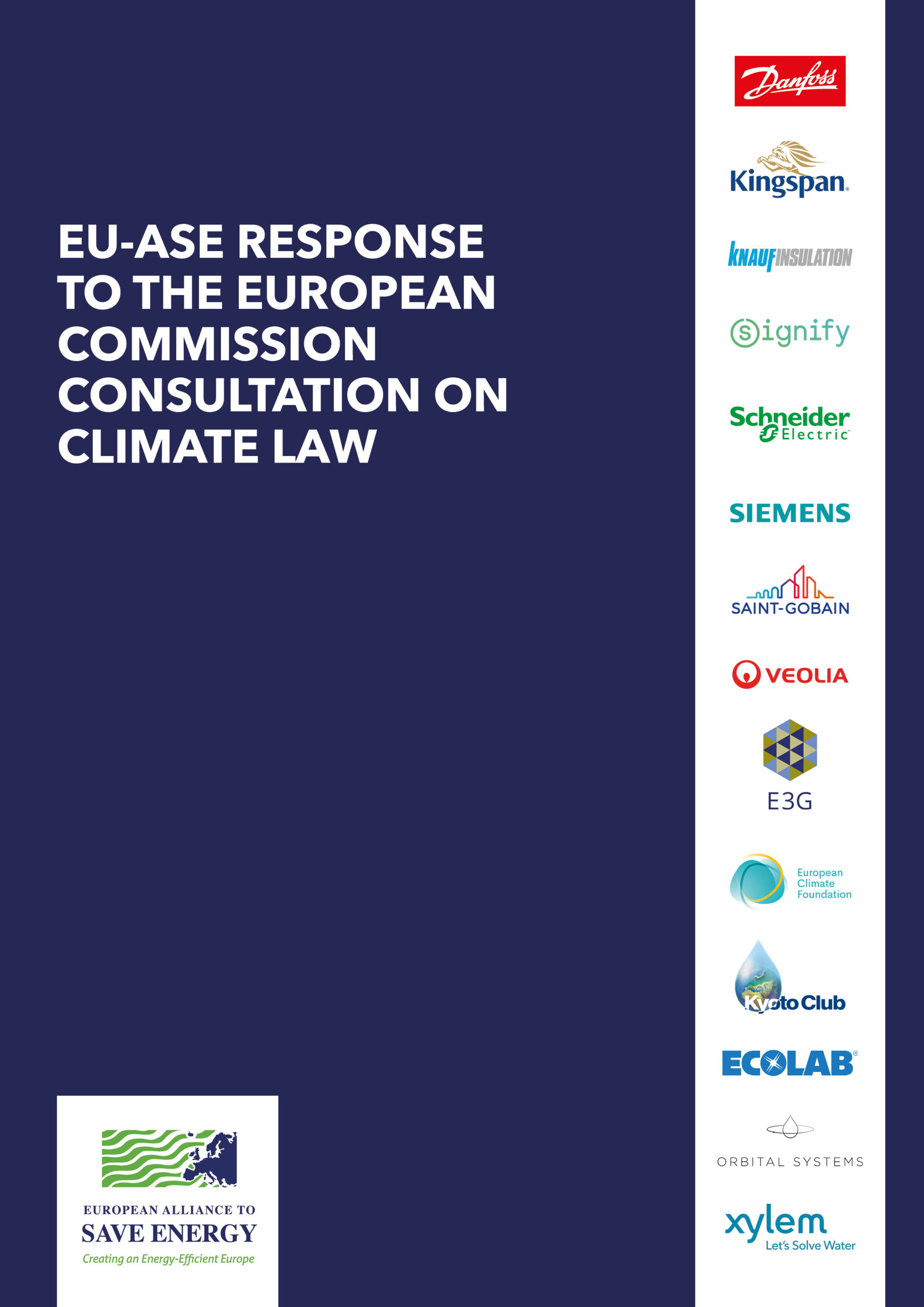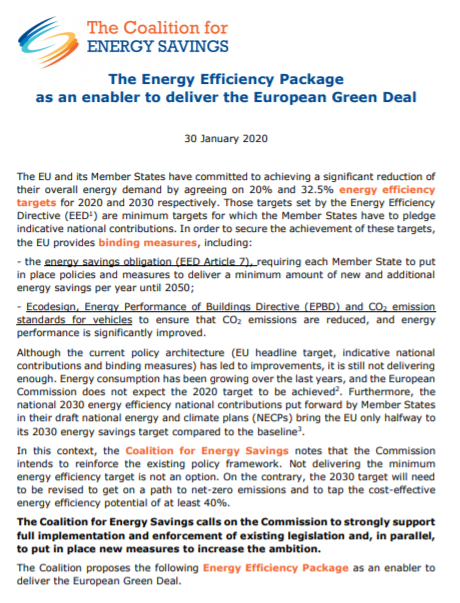Joint call to EU leaders: #EUGreenRecovery to restart Europe
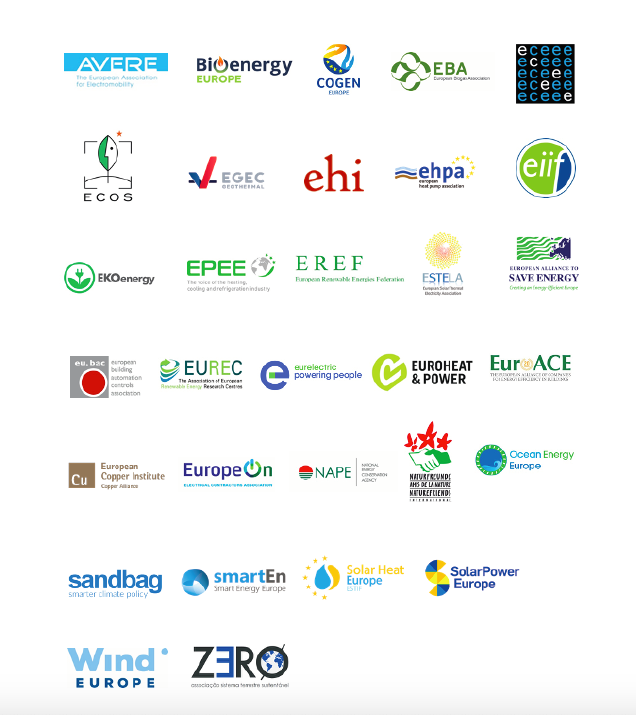
Europe’s renewable energy and energy efficiency businesses call to fully integrate the proposed economic stimulus packages and the European Green Deal.
Dear Members of the European, national and local Parliaments,
Dear Presidents, Dear Heads of States and Governments,
Dear Commissioners, Dear Ministers,
Dear leaders of Europe,
The immediate and necessary, yet unprecedented measures currently taken to fight the COVID-19 pandemic have brought Europe’s economy to a near-to-complete standstill.
The signatories of this letter represent millions of employees from Europe’s renewable energy and energy efficiency value chains across the electricity, heating, cooling, building and transport sectors as well as supportive associations.
We call on the EU Commission to:
- Fully integrate the proposed economic stimulus packages and the European Green Deal (as proposed by the European Council last week). Investments in a zero-carbon infrastructure and innovative solutions are the best and most cost-effective route to economic recovery on a national and supranational level while at the same time preparing the grounds for a secure and sustainable energy system.
- Bring forward the necessary investments for rapid recovery.
- Use the stimulus packages to accelerate investments in energy efficiency, renewable heating and cooling, electricity, mobility, zero-carbon buildings, and industrial processes.
- Ensure ongoing supply of clean energy and ongoing investments in energy transition can continue in the current pandemic as essential services.
We stand behind the European Green Deal and urge you to create this link with the immediate stimulus packages. Today’s action addressing health and climate challenges across all policy areas and sectors will improve the well-being of citizens and the climate while strengthening Europe.
COVID-19 has forced the world into an economic pause. Now, you have the power to use the Green Deal to restart Europe and drive its economy with a focus on energy efficiency and renewable energy across all sectors. Such investments are both labour-rich and shovel-ready.
The renewable energy, flexibility and energy efficiency solutions industries are now cost-competitive and can sustain local jobs across Europe. With a strong European manufacturing base, Europe can show world-wide industrial leadership.
We trust you to take the right decisions. Our joint industries and associations are committed to making a green economic recovery a collective success.
Yours sincerely,


